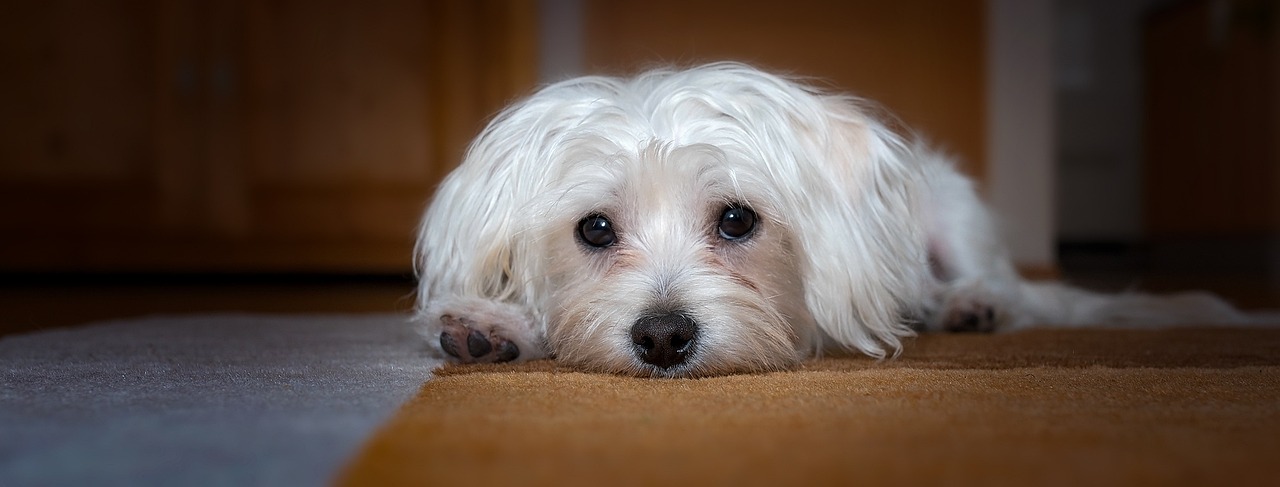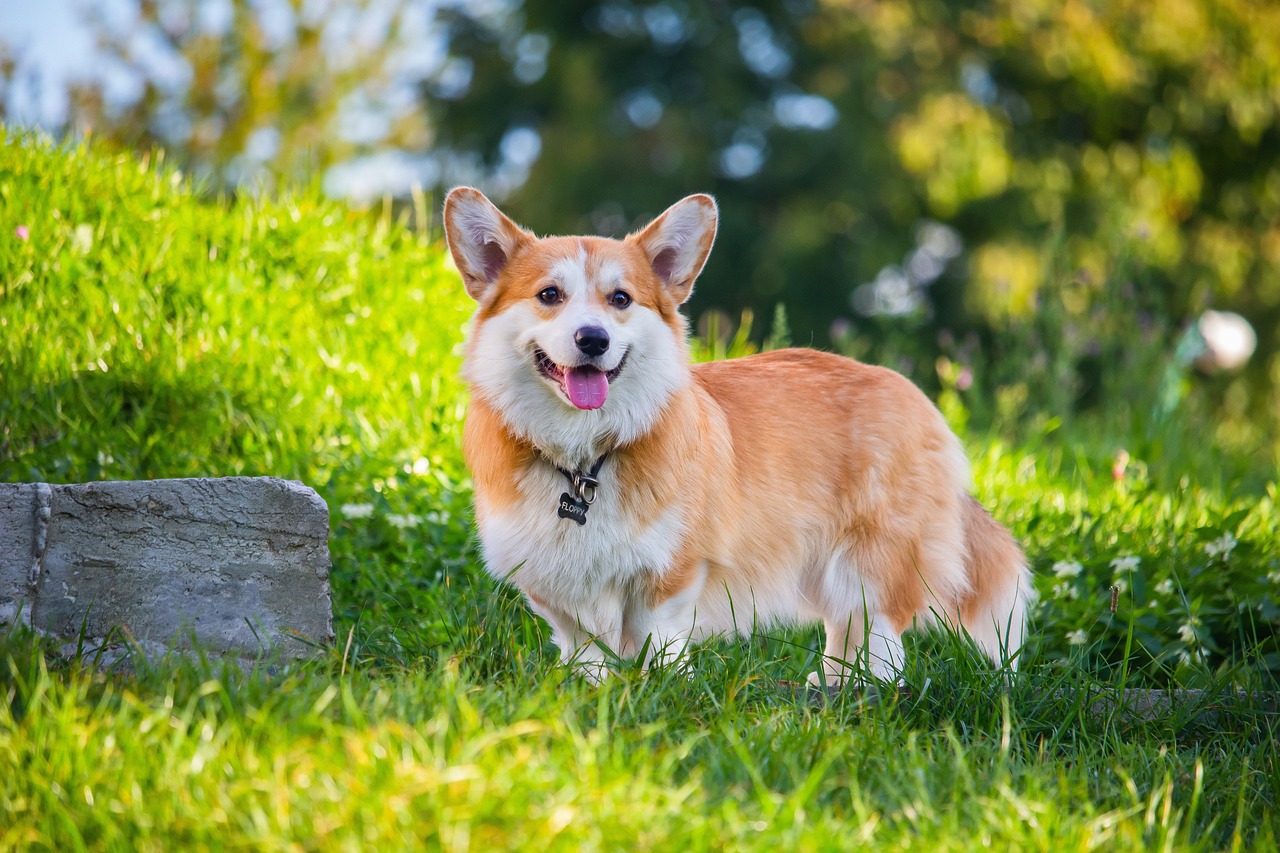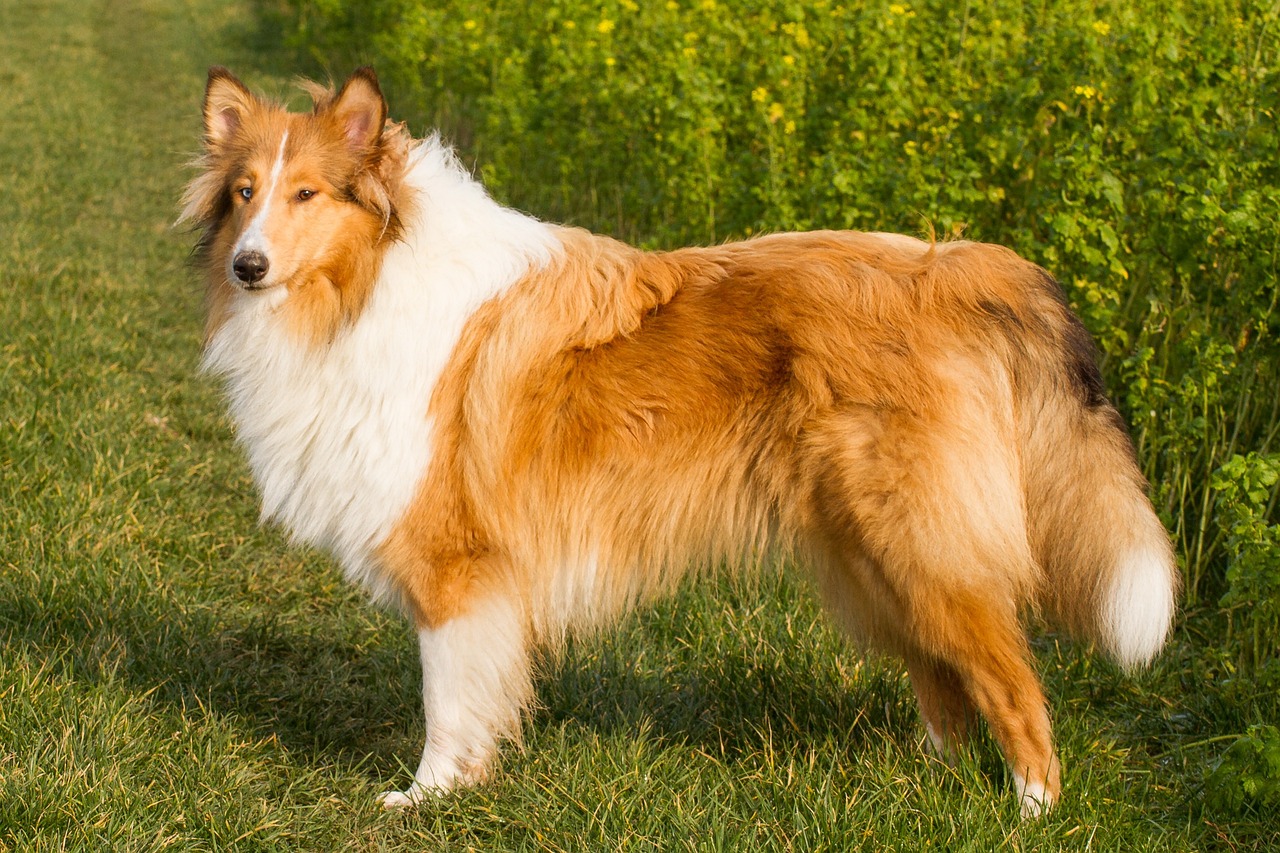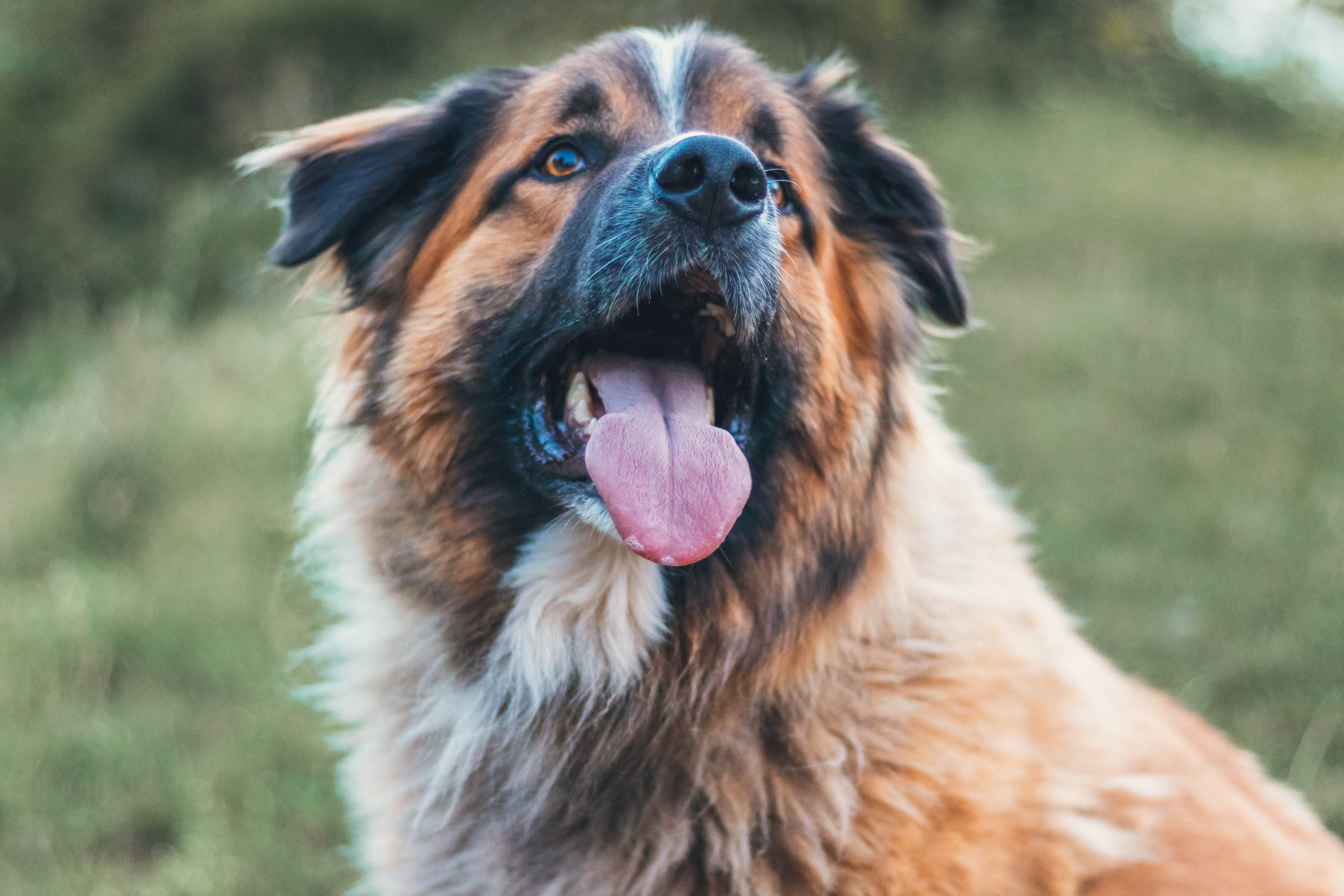As a pet owner, it’s natural to want to share parts of your meal with your furry friend. Whether it’s a slice of meat or a bit of flavored rice, we often assume that small amounts won’t hurt. But when it comes to condiments like Worcestershire sauce, it’s crucial to know what’s safe and what’s not. So, the question is: Can dogs have Worcestershire sauce?
The short and safe answer is no—dogs should not consume Worcestershire sauce. While it might seem harmless, Worcestershire sauce contains several ingredients that are toxic or unhealthy for dogs, even in small amounts. In this article, we’ll break down the risks, ingredients to watch out for, what to do if your dog ingests it, and safer flavor alternatives.
If you’re looking for a well-researched breakdown, here’s a detailed guide on whether dogs can have Worcestershire sauce that covers all the essential points.
What’s in Worcestershire Sauce?
Worcestershire sauce is a dark, tangy liquid used to add flavor to many dishes. It comes from England and is famous for its bold, savory taste. The sauce is made by blending ingredients like vinegar, molasses, anchovies, garlic, tamarind, onions, and a mix of spices.
Many people use Worcestershire sauce in marinades, stews, and even on burgers. Just a dash can make soups, sauces, and meats taste richer and more interesting. Think of it as a secret ingredient that brings out the best in your food.
If you’ve ever enjoyed a Bloody Mary or a classic Caesar salad, you’ve probably tasted Worcestershire sauce. Its unique flavor is both salty and a little sweet, with a hint of spice. It’s a kitchen staple for home cooks and chefs alike.
So next time you see a bottle in your pantry, remember—it’s the little splash that can make a big difference in your favorite meals!
Why Worcestershire Sauce Is Unsafe for Dogs
1. Garlic and Onion Powder
Garlic and onion in any form—fresh, cooked, powdered, or dried—are toxic to dogs. They contain compounds that can damage red blood cells, leading to a condition known as hemolytic anemia. Symptoms of garlic or onion toxicity include:
- Weakness
- Lethargy
- Pale gums
- Increased heart rate
- Collapse in severe cases
Even small amounts over time can cause cumulative damage.
2. High Sodium Content
Worcestershire sauce contains a high level of salt. Dogs require only minimal sodium in their diets, and excess salt can cause:
- Dehydration
- Increased blood pressure
- Vomiting or diarrhea
- Sodium ion poisoning in extreme cases
Small dogs and puppies are at even greater risk due to their size.
3. Sugar and Molasses
While molasses is a natural sweetener, and sugar is a common ingredient, dogs do not need any added sugars in their diet. Regular sugar consumption can lead to:
- Weight gain
- Obesity
- Diabetes
- Dental issues
Worse, if any sugar-free version of Worcestershire sauce contains xylitol, it becomes extremely toxic, even in tiny amounts.
4. Vinegar and Spices
The tanginess in Worcestershire sauce comes from vinegar and tamarind, both of which can irritate a dog’s digestive system. Combined with other spices and flavorings, this can result in:
- Upset stomach
- Bloating
- Gas
- Vomiting or diarrhea
What Happens If Your Dog Eats Worcestershire Sauce?
If your dog licks a small amount or eats food that was lightly flavored with Worcestershire sauce, they might not show immediate signs of illness. However, you should still monitor your dog closely over the next few hours.
Possible Symptoms Include:
- Excessive drooling
- Nausea or vomiting
- Diarrhea
- Lethargy
- Increased thirst
- Loss of appetite
If your dog exhibits any severe symptoms or has consumed a large amount of sauce or a dish heavily marinated in it, contact your veterinarian right away.
If you suspect your dog has consumed Worcestershire sauce:
- Do not panic—assess the quantity consumed.
- Keep your dog calm and hydrated.
- Avoid giving any home remedies unless advised by a vet.
- Contact your veterinarian or an animal poison control hotline, especially if you notice troubling symptoms.
Early treatment can make a big difference in preventing complications.
Can Dogs Eat Food Cooked with Worcestershire Sauce?
Even if Worcestershire sauce is used in small quantities during cooking, the ingredients don’t just evaporate. The harmful elements—especially salt, garlic, and onion—can still be present in the meat or dish.
So, even food “cooked with” Worcestershire sauce is not safe for dogs. It’s best to avoid giving your pet table scraps that include any kind of marinade, sauce, or seasoning.
Healthy and Dog-Friendly Alternatives
If you want to flavor your dog’s food or give them something different, here are some safe alternatives:
1. Bone Broth
Unsalted and unseasoned bone broth adds flavor and nutritional benefits without the dangers of spices and additives.
2. Pureed Veggies
Pumpkin, sweet potato, carrots, and green beans can be pureed and added to meals for taste and fiber.
3. Homemade Dog Gravy
Use boiled chicken water or unsalted beef broth thickened with a little cornstarch as a safe and tasty topping.
4. Plain Cooked Meat
Cooked chicken, turkey, or beef with no added salt, oil, or seasoning is always a safe treat.
These options provide flavor without risking your pet’s health.
Final Thoughts
While Worcestershire sauce enhances the flavor of human meals, it offers no nutritional benefit to dogs and poses multiple health risks. From high sodium levels and toxic ingredients like garlic and onion powder to added sugars and irritants like vinegar, it’s a condiment best kept off your dog’s plate.
Dogs thrive on plain, balanced meals without the added flavors we humans crave. If you want to add variety to your pet’s diet, opt for natural, dog-safe ingredients instead.
Being informed and cautious helps you make the best decisions for your furry friend’s health. When in doubt, always consult your veterinarian before introducing any new food or flavor into your dog’s diet.
FAQ.
Is a small amount of Worcestershire sauce dangerous?
A tiny lick may not cause immediate harm, but repeated exposure or larger quantities can be dangerous. It’s better to avoid it altogether.
Can Worcestershire sauce cause long-term damage?
If fed frequently, yes. Ingredients like garlic, onion powder, and excess salt can cause chronic health problems such as kidney damage, high blood pressure, and anemia.
Is there any dog-safe version of Worcestershire sauce?
No. Since the main ingredients are problematic, there is no “safe version” of Worcestershire sauce for dogs. Stick to natural, pet-friendly flavor options.



















 English (US) ·
English (US) ·